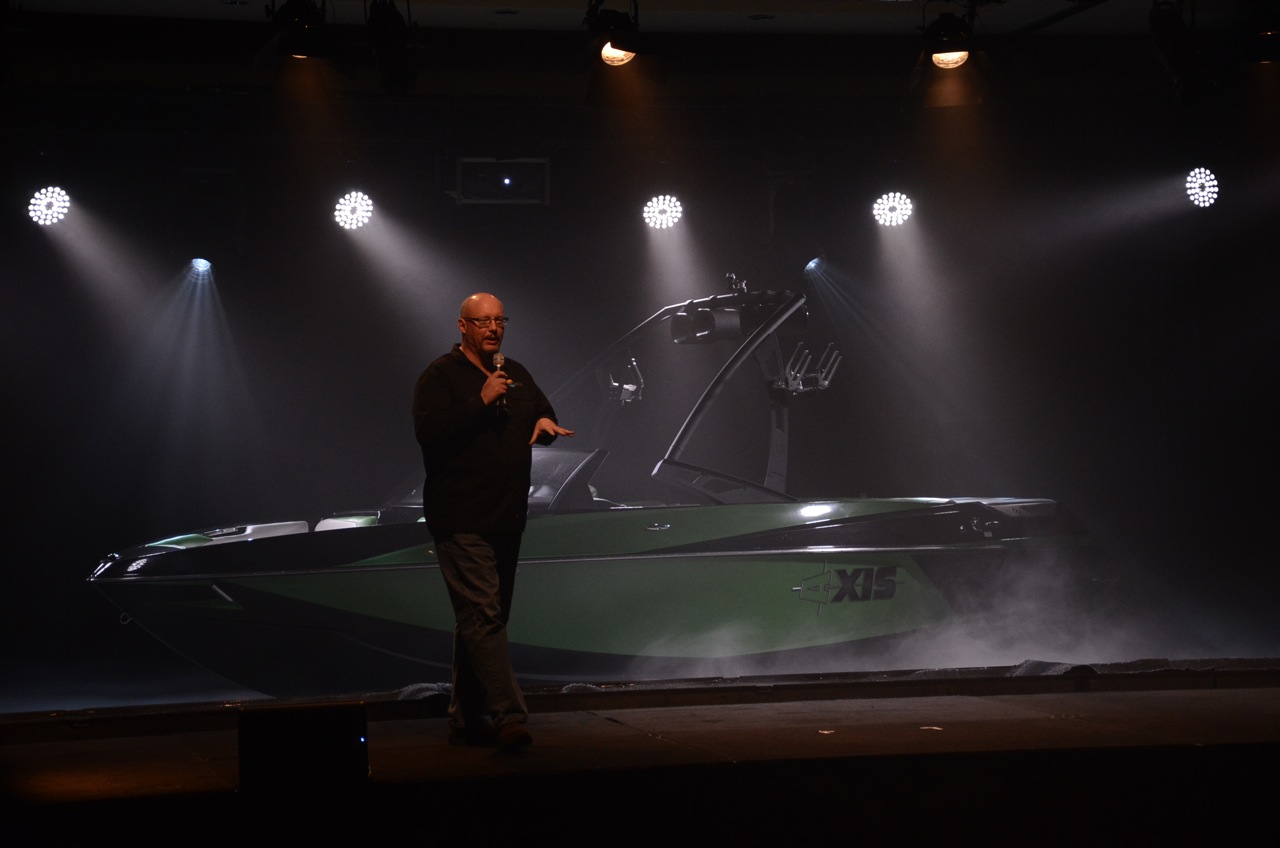EXECUTIVE PROFILE:
Water access was a major issue in Florida before last summer’s devastating hurricanes. With thousands of docks damaged or entirely destroyed, marinas in the state of Florida have a lot of cleaning up to do.
Boating Industry caught up with David Ray, executive vice president of the Marine Industries Association of Florida between meetings with the state legislature and the Orlando Boat Show Classic last March in preparation for an article on the subject in our June issue. Ray’s work illustrates his deep concern about Florida’s dwindling waterfront access and what it means for the industry and its life source, boaters.
The following is the transcript of Boating Industry’s interview with Ray. You can also read the article, titled “If you (re)build it…” by clicking here.
Boating Industry: Florida’s waterfront access has been deteriorating for some time now, due to increased property values and the tendency for developers to do away with public access and create condo slips. How has access changed in the wake of the 2004 hurricane season?
David Ray: Working waterfront has been lost dramatically since January. We now have a real crisis.
Boating Industry: Can you estimate how many slips are gone? Hundreds? Thousands?
David Ray: Thousands, depending on the area.
Boating Industry: How many marinas are rebuilding and when will they be up and running?
David Ray: It depends on the area. For instance, many marinas in the Panhandle aren’t able to start rebuilding until later this year, or even next year. Many marinas won’t be online until 2006 or 2007.
Boating Industry: Why not?
David Ray: There are simply no contractors available. They are literally maxed out with work. Ironically, we were going to put up a “Welcome Boaters!” sign in the Panhandle this spring, but there wasn’t even a contractor available to sink the piles for the sign!
To add insult to injury, the contractors are charging extremely high rates because they have more work than they can handle. In some cases they won’t even quote a price.
To exacerbate the access problem, the destruction of marinas has served as a catalyst for owners to sell the property “as is”. And, you guessed it, here come the condo developers.
Boating Industry: Has the Florida marine industry ever before been in this predicament?
David Ray: In 1992, Hurricane Andrew destroyed the South Dade marinas Matthiessen Hammock and Black Point. Dinner Key was just plain gone. It took those marinas at least five years to rebuild.
Boating Industry: How did the boaters cope with the loss of their boats and slips? Did they leave boating or move their vessels elsewhere?
David Ray: When boaters received their insurance check of lost yachts, they were faced with the choice of purchasing a new vessel or rebuilding damaged homes. With no dockage available, many opted to fix their houses. So we did lose boaters over the short term until they had a place to berth their new boats.
Boating Industry: What do you think is the greatest barrier to easing the drain on access, not to mention improving it?
David Ray: The permitting process in Florida is broken due to a plethora of environmental concerns. Permits are simply not being sent down the pipeline, which is just plain broken. And, again, there the poor boater is, caught in middle.
Boating Industry: Is there anything you and/or other association representatives can do to correct this problem?
David Ray: We put forward to the State of Florida a working waterfront bill that would raise, by 25 percent, the fees boaters pay to gain access to public ramps and piers. Those fees are usually $20 to $30–so that’s a $5 increase. BoatUS fought it, and it didn’t pass.
Boating Industry: Getting back to the issue of how marinas can afford to rebuild: How are the state and federal governments assisting?
David Ray: The state budget will be passed at the end of April and there is provision for a small amount of money for marina grants. It’s nothing major. There are no federal loan guarantees, but FEMA can assist government-owned facilities.
Boating Industry: Our understanding is that Florida law allows damaged marinas to reconfigure their footprint without the usual permits.
David Ray: That’s correct, as long as they don’t change the number of slips. There is a ray of hope on this issue, however. We were about to lose three of the biggest boatyards in the Keys to developers. But the state, realizing that boaters weren’t likely to come to the Keys if there weren’t docking and repair facilities, put a moratorium on changing property uses. The state realized that if they didn’t jump on this issue this year, they’d never catch up.

